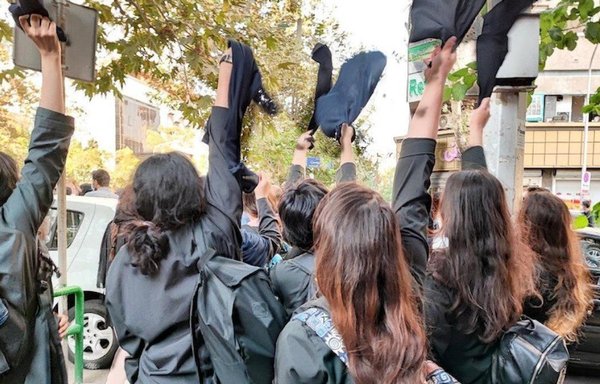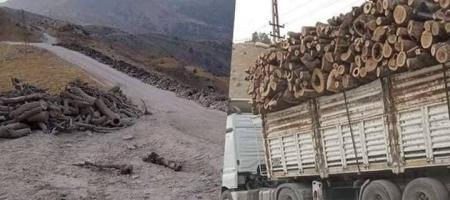
The Iranian authorities are increasing the use of their oppressive methods of policing and severely repressing Iranian women and girls for defying degrading compulsory veiling laws, Amnesty International said in a report.
The organization exposed in detail the authorities’ intensified nationwide crackdown on women and girls who choose not to wear headscarves in public.
In the latest escalation on 16 July, the spokesperson of Iran’s police, Saeed Montazer-Almahdi, announced the return of police patrols to enforce compulsory veiling and threatened legal action against women and girls who defy forced veiling. This coincided with videos circulating on social media, depicting women being violently assaulted by officials in Tehran and Rasht, and security forces firing teargas towards people helping women escape arrests in Rasht.
Countless women have been suspended or expelled from universities, barred from sitting final exams, and denied access to banking services and public transport. Hundreds of businesses have been forcibly closed for not enforcing compulsory veiling. The intensified crackdown exposes the dubious nature of the Iranian authorities’ previous claims of disbanding the “morality” police, amid contradictory official statements over its return to Iranian streets.
“Morality policing in Iran is back. The authorities are not fooling anyone by removing the insignia of the ‘morality’ police from uniforms and patrol vans, while emboldening the enforcers of the Islamic Republic’s oppression and subjugation of women and girls to engage in the same violence that killed Mahsa Zhina Amini with impunity. Today’s crackdown is intensified by mass surveillance technologies capable of identifying unveiled women in their cars and pedestrian spaces,” said Agnès Callamard, Amnesty International’s Secretary General.
“The international community must not stand idly by as the Iranian authorities intensify their oppression of women and girls. The response of states should not be limited to forceful public statements and diplomatic interventions, but also involve the pursuit of legal pathways to hold Iranian officials accountable for ordering, planning, and committing widespread and systematic human rights violations against women and girls through the implementation of compulsory veiling. All governments must do everything in their power to support women and girls fleeing gender-based persecution and serious human rights violations in Iran, ensure they can access swift and safe refugee procedures and under no circumstances should they be forcibly returned to Iran,” Callamard added.














